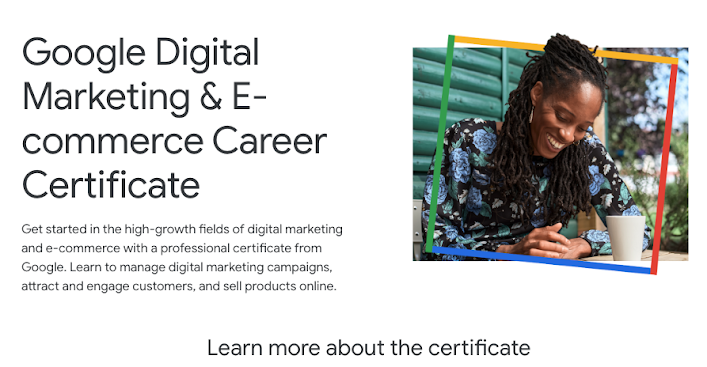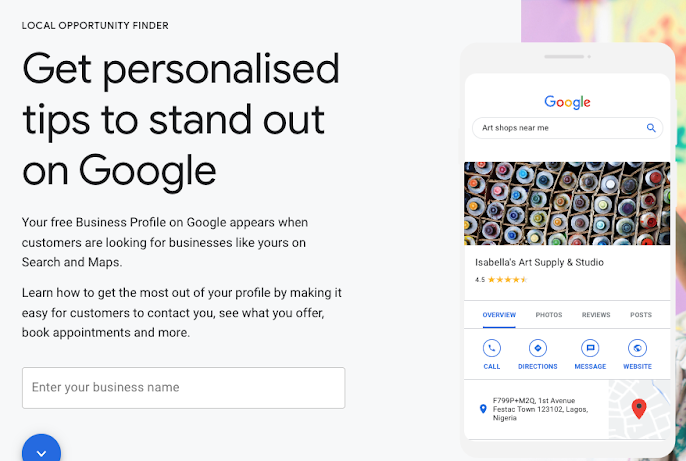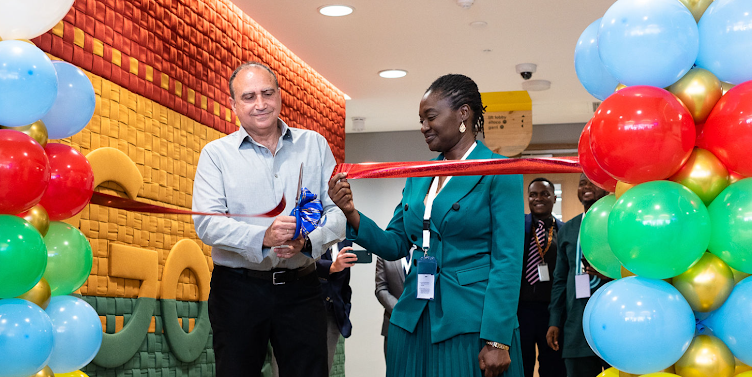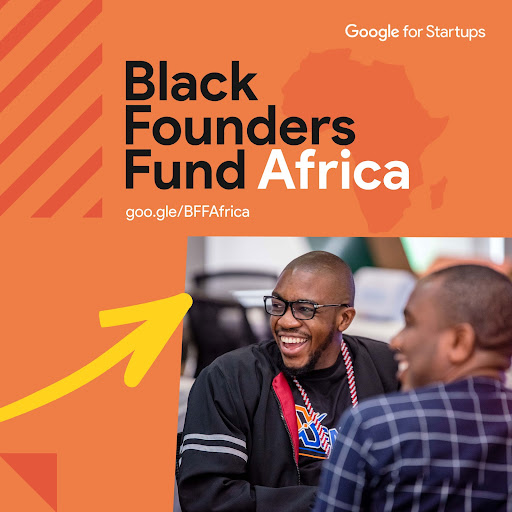En Français
Are you an aspiring Engineering Manager, Product Manager, Software Engineer, Senior UX Designer or UX Researcher? Do you want to help us to create transformative products and services for people in Africa and around the world? Then apply for one of the numerous open roles at our new product development center in Nairobi. To help realise Google’s mission, we will be hiring visionary engineers, product managers, UX designers and researchers to lay the foundation for significant growth in the coming years.
We’re looking for talented, creative, and collaborative people who can help solve difficult and important technical challenges, such as improving the smartphone experience for people in Africa, or building products that will help everyone to thrive together.
Alongside great technical knowledge and a passion for solving hard problems together with others, you’ll need to understand how people across the continent use their phones every day and the challenges they face. How might searching for information and accessing entertainment be different in a context where internet connectivity can be challenging and devices and data plans can be expensive? Perhaps you have great ideas for how we can serve relevant and useful information to users just when they need it most? Or do you have a vision for how to reimagine the entire online experience, so it’s better, easier and more individually useful, particularly for first-time smartphone users? Then we want to hear from you.
Supporting Africa’s digital transformation will take teamwork – by 2030, Africa will have 800 million internet users and one-third of the world’s under-35 population. At our Google for Africa event last October, our CEO, Sundar Pichai, announced a plan to invest $1billion over the next five years in projects that will provide fast, reliable, affordable internet across the continent; build helpful, local products; and support the entrepreneurs and small businesses that underpin Africa’s economies. We also opened a Google AI research centre in Accra, Ghana to help drive useful innovations.
The new product development centre is a continuation of that commitment.
Find out more about the opportunities
If you have the talent, experience and appetite to join our team, and want to work on significant and impactful projects with us in Africa, for Africa and the world, you can view all our open opportunities on our site. We’re excited to see what we can build together.
Posted by Suzanne Frey, VP, Products & Nitin Gajria, MD, Google in Africa
====
Nous recrutons pour notre premier centre de développement de produits en Afrique
Vous aspirez à devenir responsable ingénierie, chef de produit, ingénieur logiciel, concepteur UX confirmé ou chercheur UX ? Vous voulez nous aider à créer des produits et services de transformation numérique pour les populations d'Afrique et du monde entier ? Alors postulez pour l'un des nombreux postes ouverts dans notre nouveau centre de développement de produits à Nairobi. Pour nous aider à réaliser la mission que Google s'est donnée, nous allons recruter des ingénieurs, des chefs de produit, des concepteurs UX et des chercheurs visionnaires afin de créer les conditions d'une forte croissance pour les années à venir.
Nous recherchons des personnes talentueuses, créatives et collaboratives, capables de trouver des solutions à des défis techniques difficiles et importants, par exemple pour améliorer l’expérience utilisateur sur les smartphones des personnes en Afrique, ou pour créer des produits qui vont favoriser la collaboration et permettre à chacun de progresser ensemble.
Outre d’excellentes connaissances techniques et une passion pour la résolution de problèmes difficiles en collaboration avec d’autres personnes, vous devrez comprendre comment les habitants de ce continent utilisent leurs téléphones au quotidien et les défis auxquels ils sont confrontés. Avez-vous pensé à une autre façon de rechercher des informations et d'accéder au divertissement quand la connectivité à l'Internet est difficile et les appareils et les forfaits de données sont coûteux ? Vous avez peut-être plein d'idées pour nous aider à diffuser des informations pertinentes et utiles aux utilisateurs quand ils en ont le plus besoin... Ou bien avez-vous en tête une façon de réimaginer l'ensemble de l'expérience en ligne, pour la rendre meilleure, plus facile et plus utile à chacun, en particulier pour les personnes qui utilisent un smartphone pour la première fois ? Si oui, nous avons envie d'entendre ce que vous avez à nous dire.
Soutenir la transformation numérique de l'Afrique nécessitera un travail d'équipe. D'ici à 2030, l'Afrique comptera 800 millions d'internautes et un tiers de la population mondiale des moins de 35 ans. Lors de notre événement Google pour l'Afrique en octobre dernier, notre PDG, Sundar Pichai, a annoncé un
plan d'investissement d'un milliard de dollars au cours des cinq prochaines années pour financer des projets visant à fournir un accès Internet rapide, fiable et abordable sur tout le continent, à créer des produits locaux utiles et à accompagner les entrepreneurs et les petites entreprises qui soutiennent les économies africaines. Nous avons également ouvert un centre de recherche sur l'IA Google à Accra, au Ghana, pour favoriser des innovations utiles. Le nouveau centre de développement de produits s'inscrit dans la continuité de cet engagement.
En savoir plus sur les opportunitésSi vous avez le talent, l’expérience et l’envie de rejoindre notre équipe, et si vous souhaitez travailler sur des projets importants et marquants avec nous en Afrique, pour l’Afrique et pour le reste du monde, vous pouvez consulter toutes nos offres d’emploi sur
notre site. Nous sommes impatients de voir ce que nous pouvons construire ensemble.
Auteurs : Suzanne Frey, VP, Produits & Nitin Gajria, MD, Google en Afrique

.png)
.png)
.png)










.png)
.png)